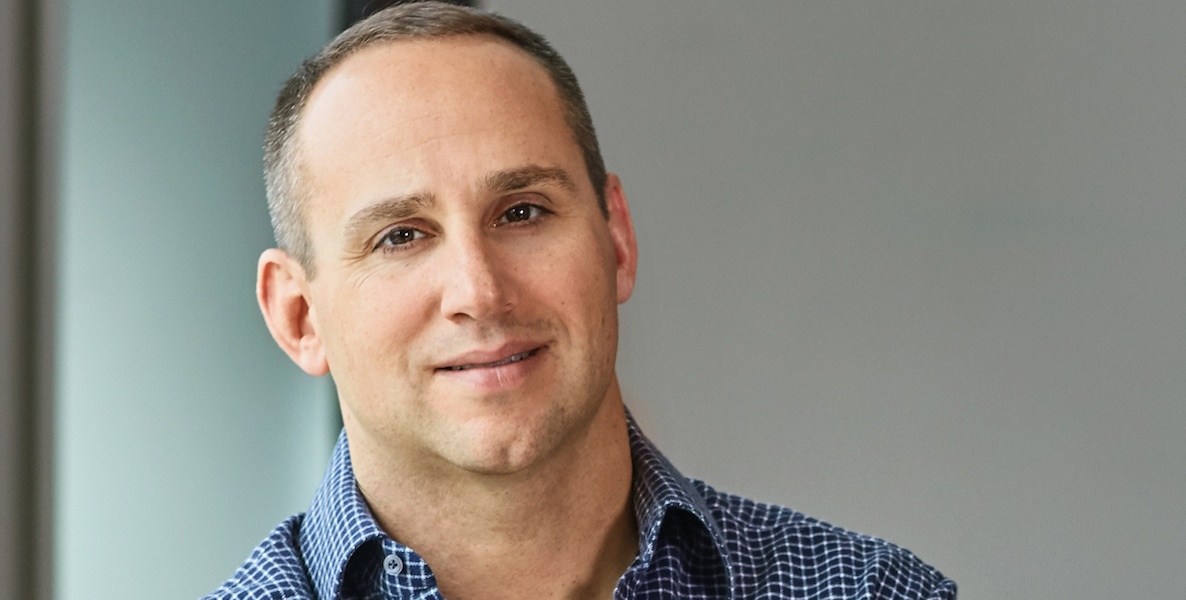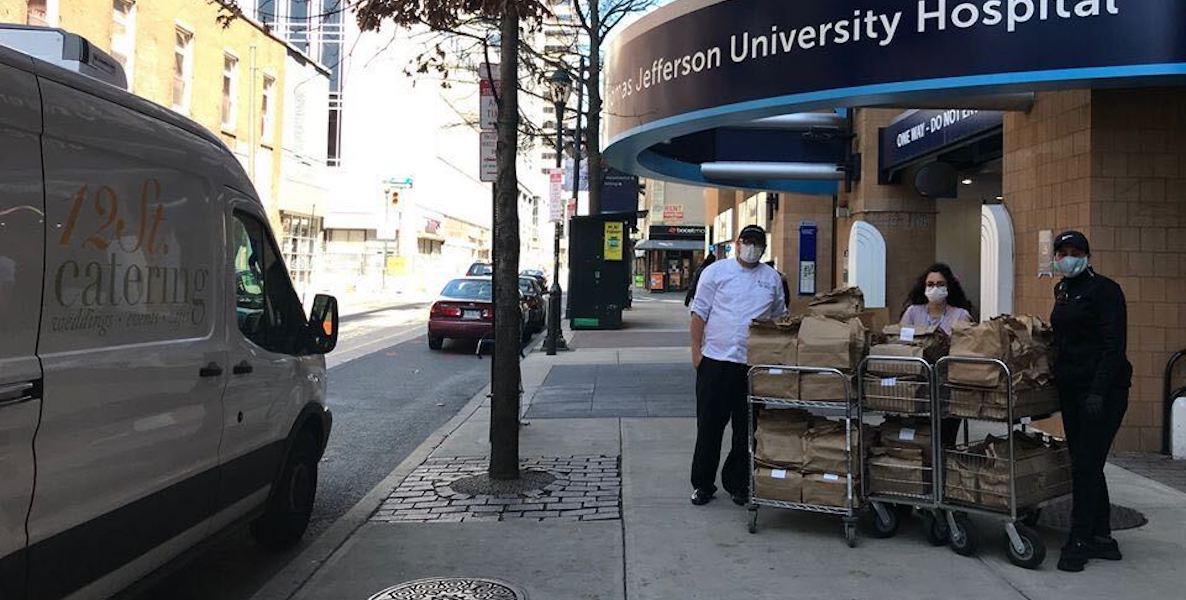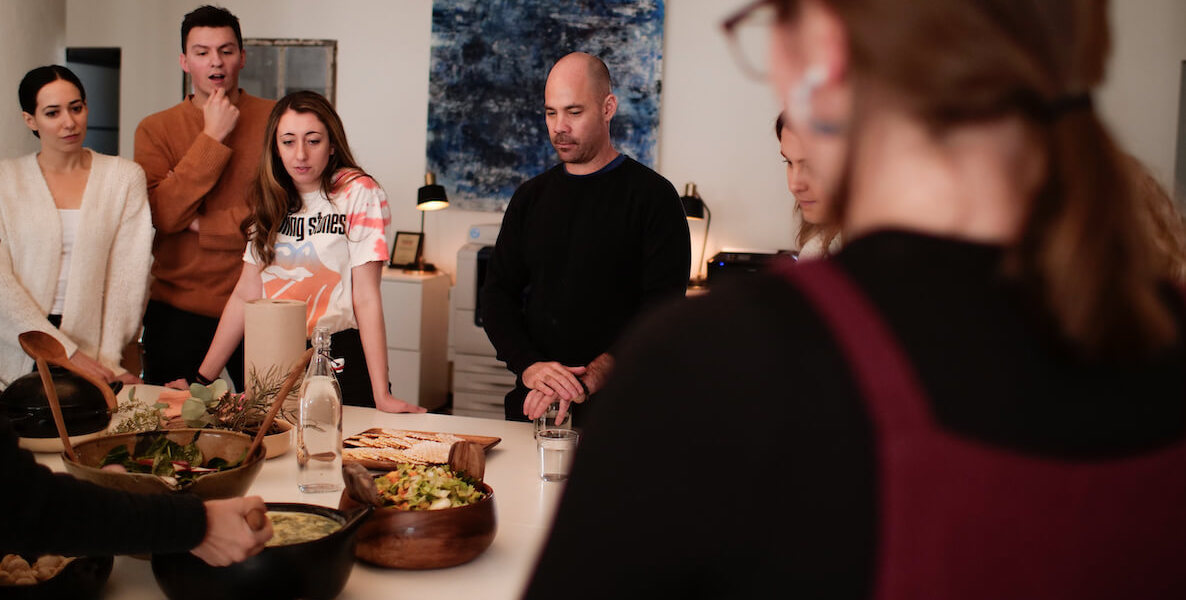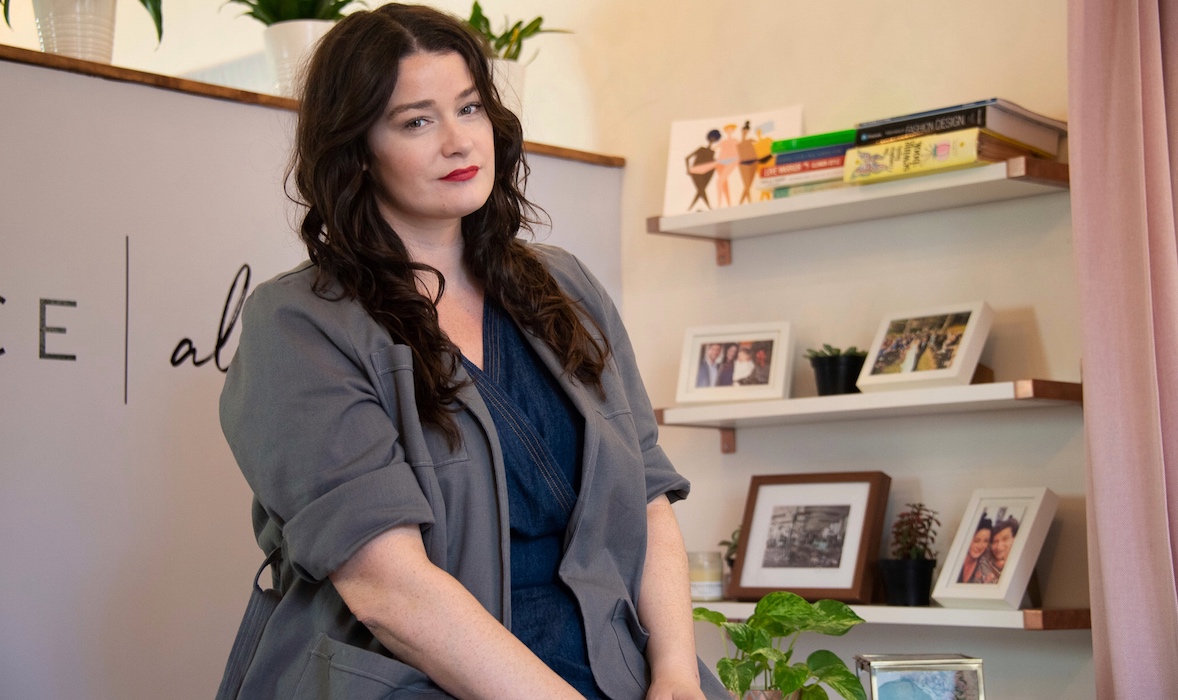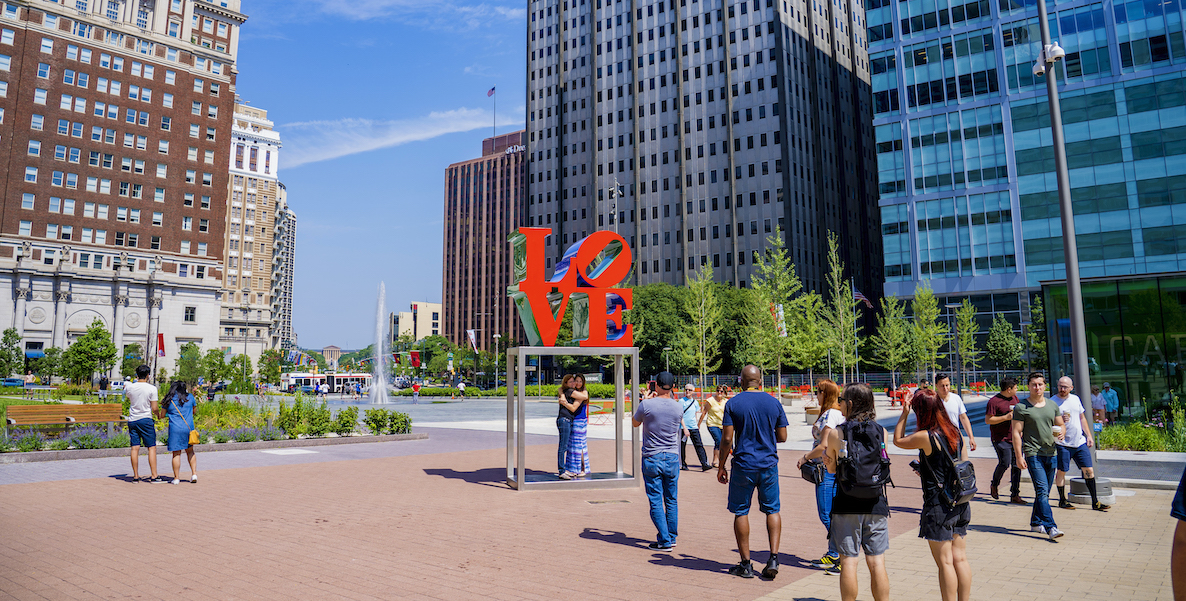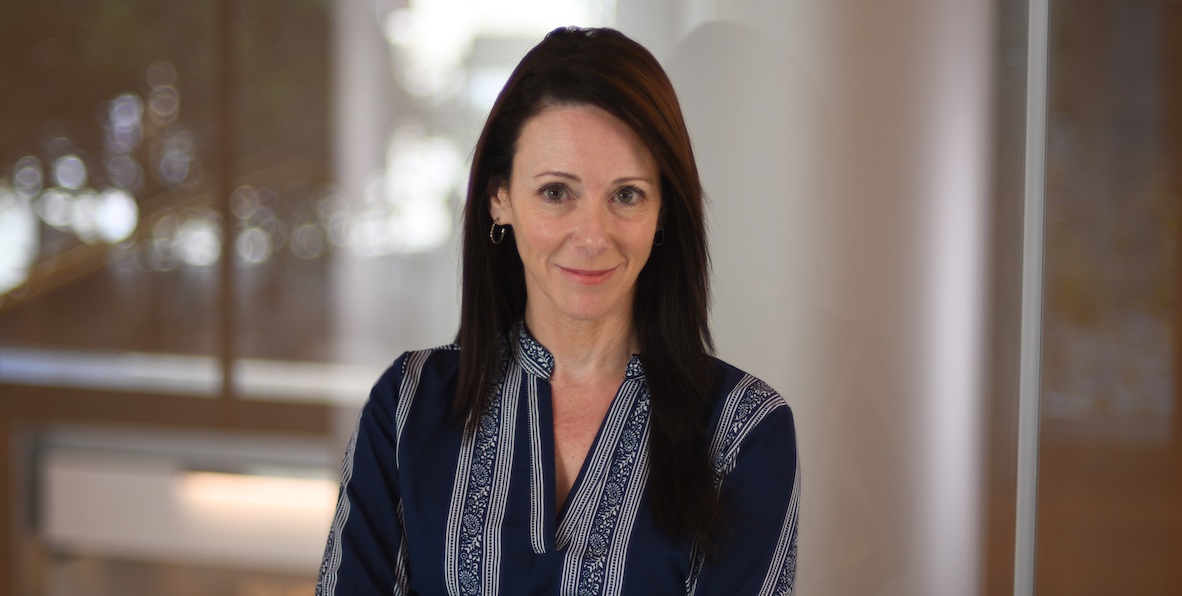What should a new Philadelphia look like after Covid-19—and who should be a part of it? How can we become a city that is more equitable, more inclusive—and more successful? And who are the people who might invest in that success?
The questions in our future are big ones. But they are not unanswerable—if we are asking the right people, in the right conversations, with an eye to creating a better city than the one we left behind when we closed up for the pandemic.
Join the eventDo Something
Over several virtual panels Wednesday and Thursday, the conference will tackle issues of neighborhood development and placemaking; racial equity; and gender inclusion (moderated by yours truly); government infrastructure (with Citizen columnist Bruce Katz); and how social impact investing on an individual and institutional level can make a real difference in moving our region forward.
“We all had plans for the future, but what might be our plans now?” 17 Asset CEO John Morris says. “We have the chance to pivot—personally, and in our own business. But how do we think about the city? How do we make the new normal not the old normal?”
“I really believe the world’s money is the best force for change,” 17 Asset’s Morris says, “and we’ve got to create change.”
As it has since 2018, ImpactPHL and SOCAP—an umbrella organization for social impact investors—had planned this year’s Total Impact Conference to encourage wealth managers, investment funds, and individual investors to use the money at their disposal to make the world a better place. More specifically, to make Philly a better place.
“Total Impact’s goal has always been to convert people to our mission, to think about where is your money going and what are you achieving with it?” says Cory Donovan, ImpactPHL program manager. “To us, when you’re intentional with your money, that’s a home run. When you’re local with it, it’s a grand slam.”
Impact investing is an old concept that has taken on renewed energy in the last decade or so. Broadly speaking, it is the idea of investing in a fund, company, or organization that offers both a financial return and a good social or environmental impact. That can be as simple—yet profound—as investing in companies run by women or people of color, like CNote, an investment firm that has consistently grown, and whose founder, Catherine Berman is among the speakers next week.
It can also offer investors a way to propel societal change that is not tied to the business world at all. So, for instance, a foundation could offer a low-interest loan to a social service nonprofit that will pay back small dividends but have a large impact on the community.
The most famous proponent of investing for good is Larry Fink, CEO of BlackRock who has sent increasingly strident messages warning that he will pull his funds from companies that are not socially minded. And Philly is not only home to ImpactPHL—which has helped draw SOCAP and 17 Asset here—but also B Lab, which launched a movement of B Corporations whose mission encompasses profit, people and planet.
Donovan says after cancelling Total Impact, the organizers decided to host the virtual conference to concentrate Philadelphians on a way forward that looks at where we should have been all along. “If we saw this coming, what would we have invested in differently?” Donovan asks. “What do we need to do to make sure that we can respond and recover quickly? And how can we use that same approach for climate change, which is already there waiting for us?”
“To us, when you’re intentional with your money, that’s a home run,” says ImpactPHL’s Donovan. “When you’re local with it, it’s a grand slam.”
For Morris, the forum is the first part of what is his firm’s longterm aim for Philadelphia—to build a social impact investing tool that would bring much-needed funds into the city from investors anywhere in the world who are looking for both a return on their money and the chance to do good with it.
The panels will serve as an exploratory, the first stage of the design thinking process 17 Asset uses when it’s entering a new market. In a few months, the company will release a report, “New Normal Philly”, that synthesizes what it learns from the forum and other conversations—about what the problems are here, and more importantly, what the potential solutions are. “We’ll get it to everyone who participates in the conference, but really, anyone can use it for what they want,” Morris says.
That initial report 17 Asset intends—through more conversations and idea-generating—to morph into a collaborative roadmap that would bring together government, philanthropy, business and other private capital to determine where investment can push through changes.
If successful, it could do what no leader in Philadelphia has managed in a consistent, sustained way: Bringing different entities to the same table, to try to solve the same problems, together. And, critically, do it with an infusion of funds.
This is the sort of thing 17 Asset has started to launch around the world, as part of the social impact mission of Morris’s company—named for the United Nations’ 17 Sustainable Development Goals, which include No Poverty, No Hunger, Climate Action, Gender Equity and Quality Education.
Morris, a Princeton native, spent 25 years at Merrill Lynch in London, Dubai and Latin America, where he ran the investment company’s operations. He moved back to his family home when he was 45, and launched a few different funds that never quite satisfied his increasing desire to use investing as a force for good.
With 17 Asset, his first project was in partnership with the U.N., in Jordan, where Morris spent much of last year learning the needs and opportunities of the country, where 25 percent of the population are refugees. The company has since launched an impact investment fund there to bring in private capital.
Currently, the firm is working on two other projects: The Caribbean, at risk both because of reduced tourism in the wake of Covid-19 and climate change; and Philadelphia, America’s poorest big city. “Philadelphia has incredible talent, capital, grit and pride,” Morris says. “It presents the perfect design challenge to try to put the U.N.’s sustainable development goals on to Philly.”
The success of that will depend a lot on what happens now—next week and in the months to come—from our leaders, our thinkers, and those who can point a way forward that doesn’t rely on the mistakes of the past.
“I really believe the world’s money is the best force for change,” Morris says, “and we’ve got to create change.”
Wednesday, May 13 and Thursday May 14, 12:30-6:30 pm, tree, on your computer. Register here.



